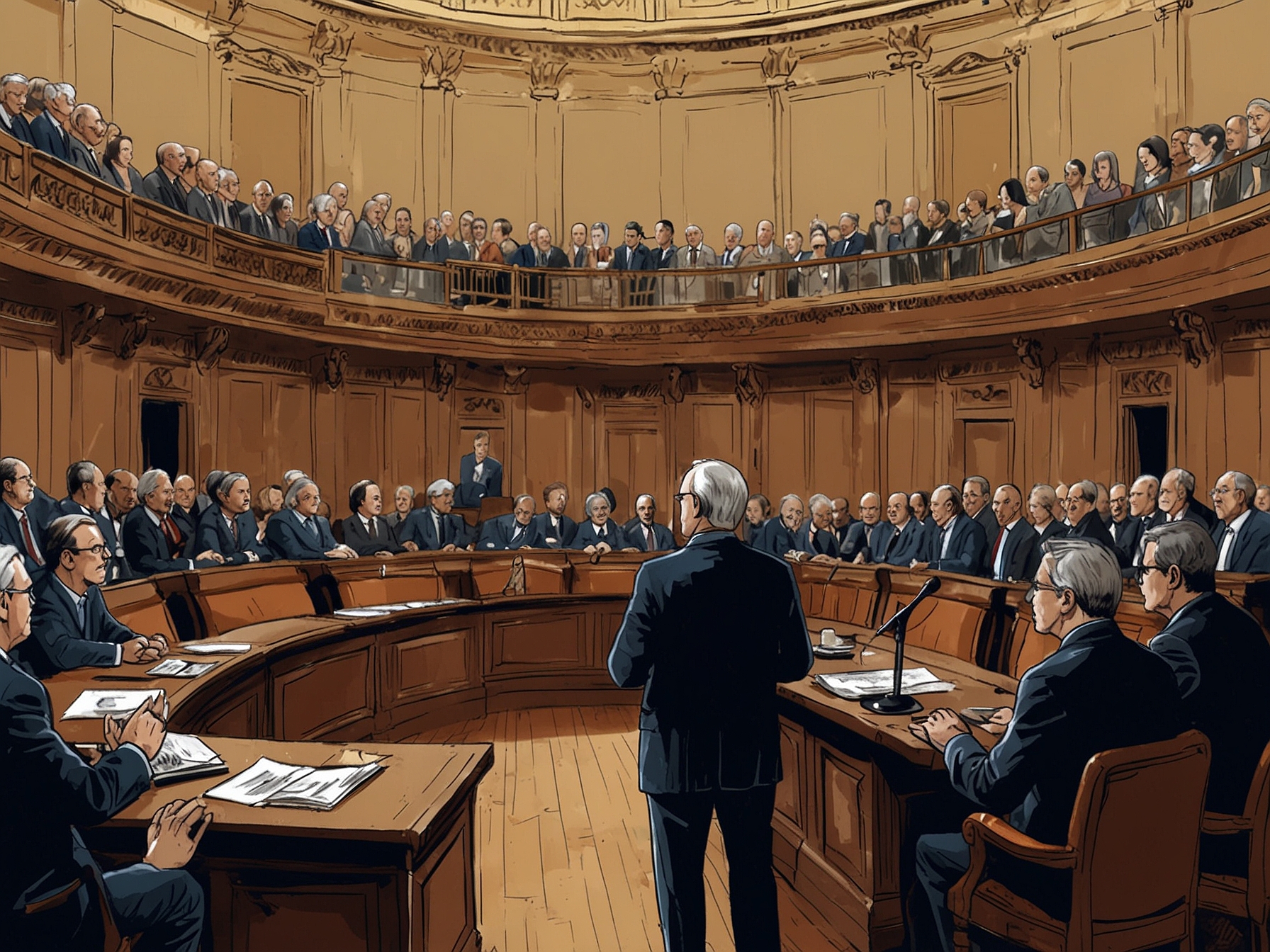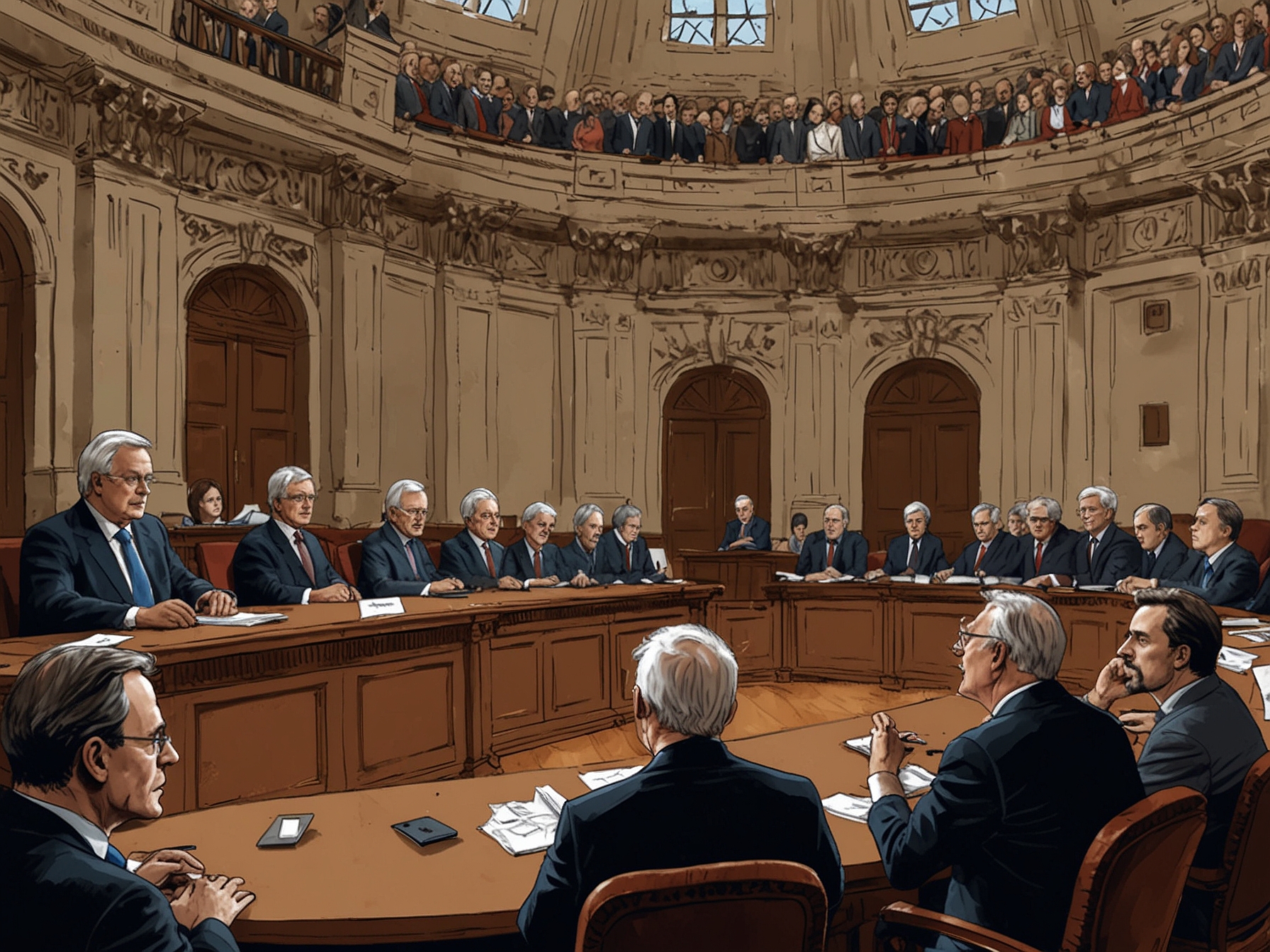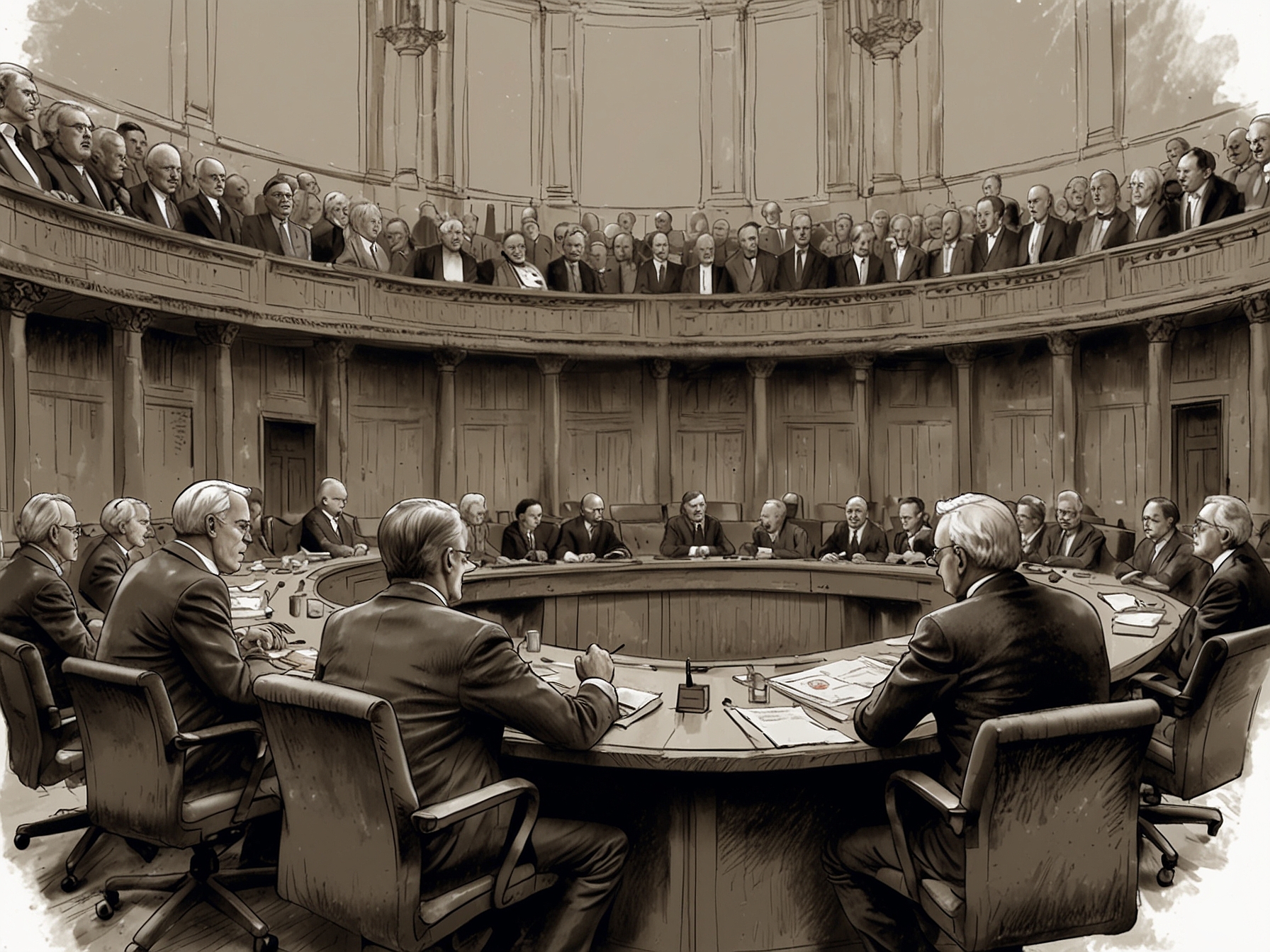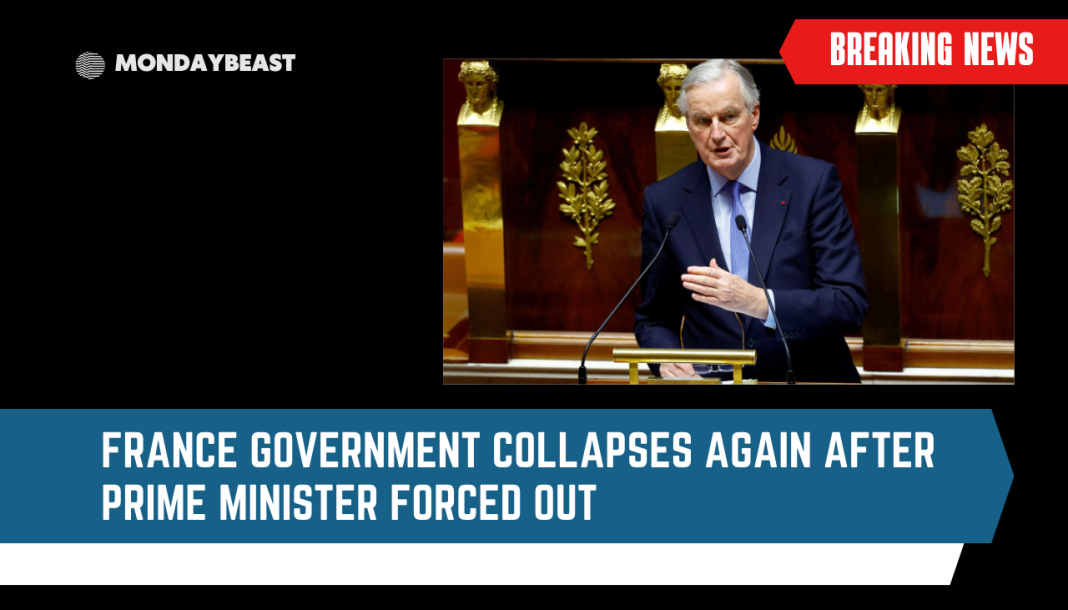In a shocking turn of events, France’s political landscape has once again been shaken. Prime Minister Michel Barnier was ousted in a no-confidence vote. The news sent ripples through the National Assembly, where 331 lawmakers rejected his leadership.
The backlash against Barnier stems from deeper issues. His appointment by President Emmanuel Macron was meant to stabilize a fractured government. Instead, it only resurfaced old divisions between conservatives and the left-wing coalition led by Jean-Luc Mélenchon.

Why is this happening now? The backdrop is a tumultuous summer filled with political maneuvering. Barnier was tapped to lead a minority government after Macron’s gamble on a swift election backfired.
Such political stalemates are not just bureaucratic failings; they transition into crises with real-world impact. Both the left and right were united in anger against Barnier’s proposed policies. Tax hikes and spending cuts to curb France’s growing budget deficit did not sit well.
Adding fuel to the fire, Barnier used special powers to push through a contentious welfare-related bill. For context, Barnier’s departure marks a significant moment. He is the first French prime minister ousted in over six decades.

His tenure has also become the shortest since the late 1950s. This raises questions: what does this mean for governance in France moving forward? With Barnier gone, the question of stability looms large.
France is now left with a caretaker government. This lack of decisive leadership may pose risks, especially as financial markets remain jittery over a potential budget crisis. Investors are watching closely; any tremors in France could resonate throughout Europe.
So, what happens next? Unfortunately, a quick snap election is not on the table. Macron’s options may seem limited; by the constitution, he cannot call for another parliamentary vote until summer.

Encouraging coalition talks could be Macron’s avenue to a new prime minister. His previous choice of Barnier—coming from a coalition that won fewer votes—has left many pondering his strategy. Could Macron’s political miscalculation lead to a protracted period of instability?
The left, led by Mélenchon, is already emboldened by this latest development. Mélenchon’s prediction rings true: “Even with a Barnier every three months, Macron will not last three years.” His remarks encapsulate the growing malaise surrounding Macron’s presidency.
Despite challenges, Macron remains in office until 2027. But the implications of Barnier’s exit could be lasting. Public sentiment toward Macron is notably sour.
Amid bubbling tensions, can he reclaim public trust? There are glimmers of hope for Macron. Major events like the upcoming Paris Olympics and the reopening of Notre-Dame might boost his standing.
Yet, how does one navigate the crossfire of political left and right? Macron faces a daunting challenge—balancing reform without alienating his base. Political analysts are cautious yet critical.
Jean-Yves Camus highlights the ramifications of Macron’s gamble with the early election. Was it worth the risk? One has to wonder how this episode will define Macron’s legacy in the long run.
Will history view this as a pivotal misstep? In conclusion, Barnier’s ousting marks not just a moment but a movement. France’s political trajectory is uncertain.
How this unfolding drama will affect the average French citizen remains to be seen. As France edges closer to another critical juncture, the questions linger: Can Macron navigate this upheaval? Will the country find its way back to stability, or are we witnessing the start of a new era of turbulence? There are no easy answers here.




